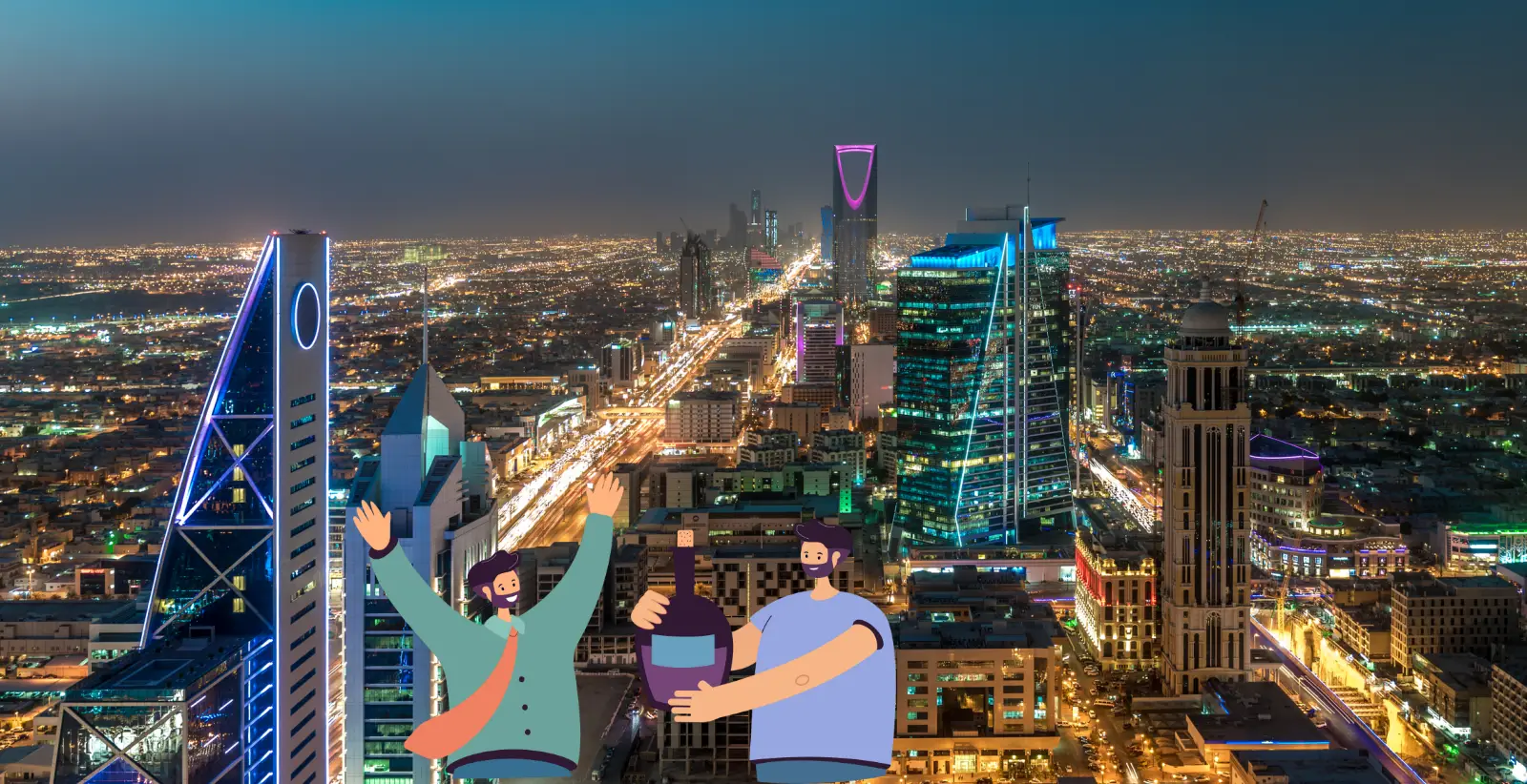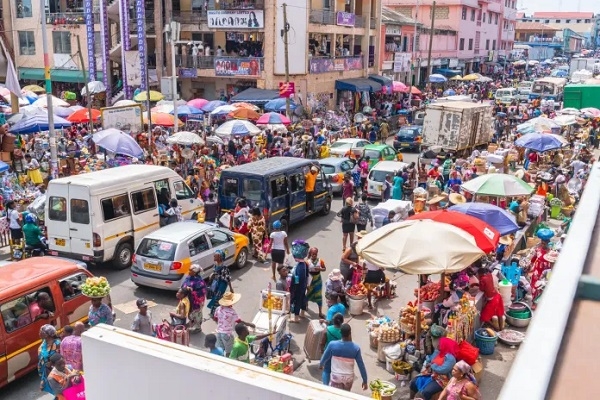Saudi Arabia to Allow Alcohol in Tourist Areas

Saudi Arabia is set to permit alcohol in 600 designated tourist zones by 2026, signaling a major shift in the Kingdom’s approach to international tourism. This decision will allow the sale and consumption of wine and beer in select five-star hotels, resorts, and licensed facilities. The move is part of Saudi Arabia’s broader strategy to diversify its economy and compete with established tourism hubs in the Gulf region.
The new policy will strictly control the introduction of alcohol, limiting its availability to tourist-focused venues such as high-end hotels, holiday villages, and licensed representatives. Public areas, private homes, and retail outlets will remain under existing restrictions. This selective approach reflects the country’s careful balance between opening up to international tourism and preserving its Islamic cultural identity. Key aspects of the plan include:
- Alcohol will be confined to five-star hotels and luxury resorts.
- Tourist villages with international licenses will be permitted to serve alcohol.
- Consumption will be limited to on-premise locations, with no takeaway or retail sales allowed.
- Only wine and beer will be permitted; spirits will remain prohibited.
This landmark decision is closely linked to Saudi Arabia’s Vision 2030 agenda, which aims to reduce the country’s reliance on oil revenue by boosting sectors like tourism, entertainment, and international investment. The inclusion of alcohol is intended to attract more global visitors, particularly those from countries where alcohol is a common part of the travel experience. Saudi Arabia aims to compete with destinations like the United Arab Emirates and Bahrain, where alcohol sales are already integrated into the tourism economy.
The upcoming 2034 FIFA World Cup, which Saudi Arabia is set to host, is believed to have influenced the timing of this change. The global event is expected to draw millions of fans, teams, and officials, many of whom expect international-standard hospitality offerings, including access to alcohol in private settings. The Saudi government is reportedly in discussions with major hotel chains and event organizers to support this move. Tour operators are already adjusting their packages to align with the expected changes in service availability and experience design.
Saudi Arabia has been steadily increasing its efforts to attract foreign visitors through tourism campaigns, relaxed visa rules, and landmark events. Initiatives such as the Red Sea Project, Neom city developments, the opening of archaeological sites, and hosting music festivals are part of the country’s repositioning as a dynamic destination for global travelers. Last year, a swimsuit fashion show in a Saudi tourist hotel drew attention as an example of evolving tourism norms. The alcohol reform builds upon this momentum, signaling a more open and cosmopolitan tourism future.
Discussions with international hotel brands are underway, and excitement is growing within the travel industry as Saudi Arabia takes steps to offer a more competitive and familiar hospitality landscape while preserving key cultural values. The 2026 rollout is expected to be closely monitored by supporters and critics, as Saudi Arabia embraces a bold new chapter in its tourism journey.










